Taylor Swift has long turned to literature for lyrical inspiration. Since releasing her debut album, Taylor Swift, in 2008, the singer has referenced classics, poems, and more in her lyrics to her songs.
Videos by American Songwriter
Swift works the allusions so seamlessly into her lyrics that some may not pick up on the references, but acknowledging them adds yet another layer to her songs.
From Shakespeare to Dickens, from fairytales to poetry, Swift’s knowledge of the literary world clearly runs deep. Keep reading for a look at eight songs where she puts her mastery to good use.
“The Outside” (Taylor Swift, 2006)
In “The Outside,” which appeared on Taylor Swift, Swift references Robert Frost’s 1916 poem, “The Road Not Taken.”
As she bemoans being on the outside looking in, Swift sings, “I tried to take the road less traveled by / But nothing seems to work the first few times, am I right?” That line is taken directly from Frost’s poem, which reads, “Two roads diverged in a wood, and I / I took the one less traveled by / And that has made all the difference.”
The poem is one that Swift seems to appreciate. She also has allusions to it on some of later songs including “Illicit Affairs” and “‘Tis the Damn Season.”
“Love Story” (Speak Now, 2008)
Perhaps the most obvious of Swift’s allusions come in “Love Story.” The whole track is a take on Shakespeare’s 16th century play, Romeo and Juliet.
One big difference is that things work out better for the characters in “Love Story” than they do for those in Romeo and Juliet. While both couples are dealing with families who don’t approve of each other, Swift’s songs sees the lovebirds overcome that hurdle. Shakespeare’s play is much less forgiving, as both Romeo and Juliet die in the end.
“Wonderland” (1989, 2014)
From its title to its lyrics, “Wonderland” is chock full of references to Alice’s Adventures in Wonderland, which Lewis Carroll published in 1865. Swift sings that she “fell down a rabbit hole,” just as Alice does in the book. She also reference the Cheshire Cat in the song, who is a character in the novel.
“Getaway Car” (Reputation, 2017)
In “Getaway Car,” Swift borrows a line from Charles Dickens’ 1859 novel, A Tale of Two Cities. The book opens with the line “It was the best of times, it was the worst of times.” As Swift sings about an ill-fated escape with a lover, she updates Dickens’ line.
“It was the best of times, the worst of crimes,” she sings on the track.
“Cardigan” (Folklore, 2020)
When J. M. Barrie created the character of Peter Pan, he was likely unaware about how the lost boy who never grows up would become an oft referenced pop culture staple. Swift alluded to Peter and his friend, Wendy Darling, singing, “Tried to change the ending / Peter losing Wendy.”
A less obvious reference in the song comes when Swift sings, “Chasin’ shadows in the grocery line.” Peter is known to chase his own shadow in Barrie’s works.
“Happiness” (Evermore, 2020)
On the melancholy track, Swift make an allusion to F. Scott Fitzgerald’s The Great Gatsby, a novel she previously referenced on songs including “This Is Why We Can’t Have Nice Things.”
Swift begins by thinking about a lover who’s moved on to someone else, singing of the new girl, “I hope she’ll be a beautiful fool / Who takes my spot next to you.” That line comes from Gatsby, when Daisy Buchanan states of her daughter, “I hope she’ll be a fool—that’s the best thing a girl can be in this world, a beautiful little fool.”
Later, Swift sings about “the green light of forgiveness,” a reference to the green light in the novel, which represents Gatsby’s unlikely hopes and dreams.
“All Too Well (10 Minute Version) (Taylor’s Version) (From the Vault)” (Red (Taylor’s Version), 2021)
In the extended version of Swift’s much-loved track, a line directly references Shakespeare’s play, All’s Well That Ends Well. The lyrical masterpiece about an unhealthy relationship between an older man and a younger woman includes the lyric, “They say all’s well that ends well.”
That turns out not to be the case for Swift in the song, as the next line goes, “I’m in a new Hell / Every time you double-cross my mind.”
She referenced the same novel in a much happier context on her 2019 song, “Lover.” On that track she insists, “All’s well that ends well to end up with you.”
“The Prophecy” (The Tortured Poets Department, 2024)
Swift kept the literary references coming on her most recent release, The Tortured Poets Department. In the song “The Prophecy,” Swift alludes to the one of the oldest stories in existence, that of Adam and Eve from the Bible. Eve is encouraged to eat the forbidden fruit by a serpent in the story. When she does, that becomes the original sin.
In the song, Swift sings about wanting to change how a relationship ended, but feeling like it was always fated to wind up the way it did. Swift was tempted to go back to the person in question, just as Eve was tempted by the fruit, and both of them had to suffer their fates as a result of giving in.
“And it was written / I got cursed like Eve got bitten / Oh, was it punishment?” Swift sings.
Photo by Axelle/Bauer-Griffin/FilmMagic

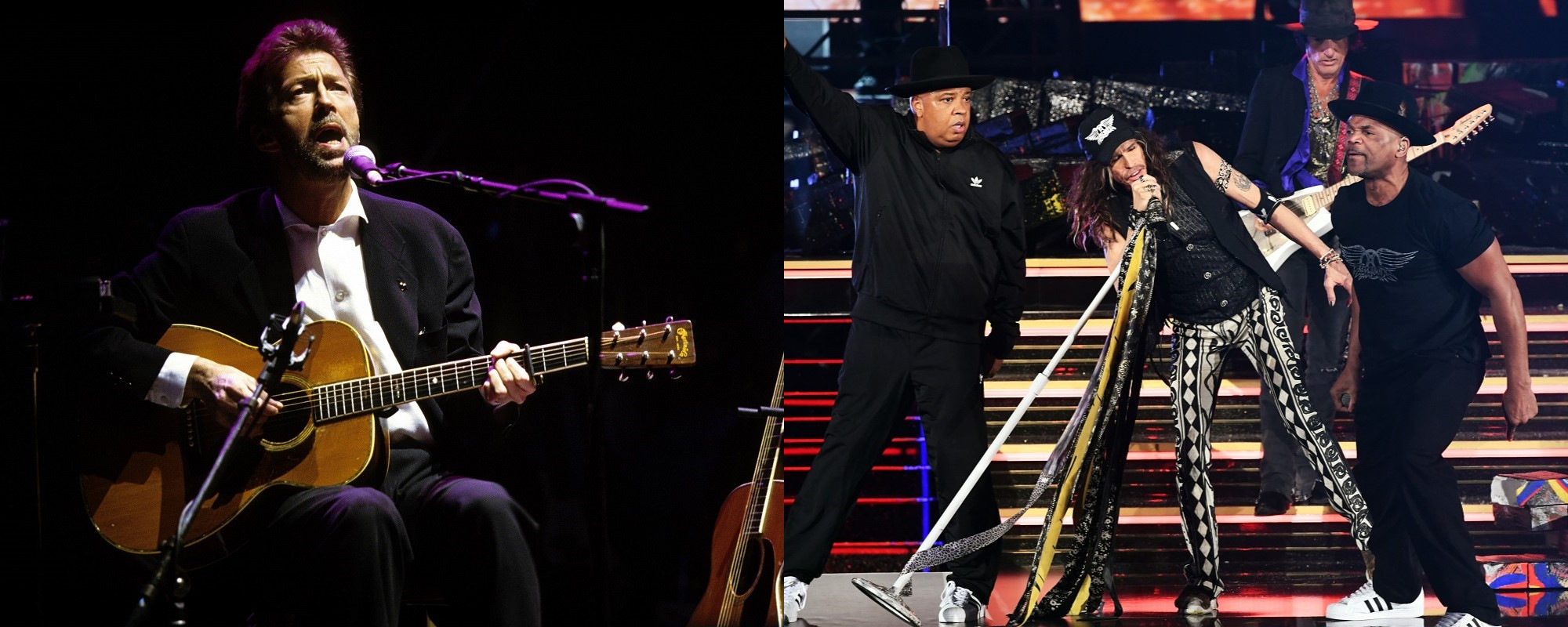
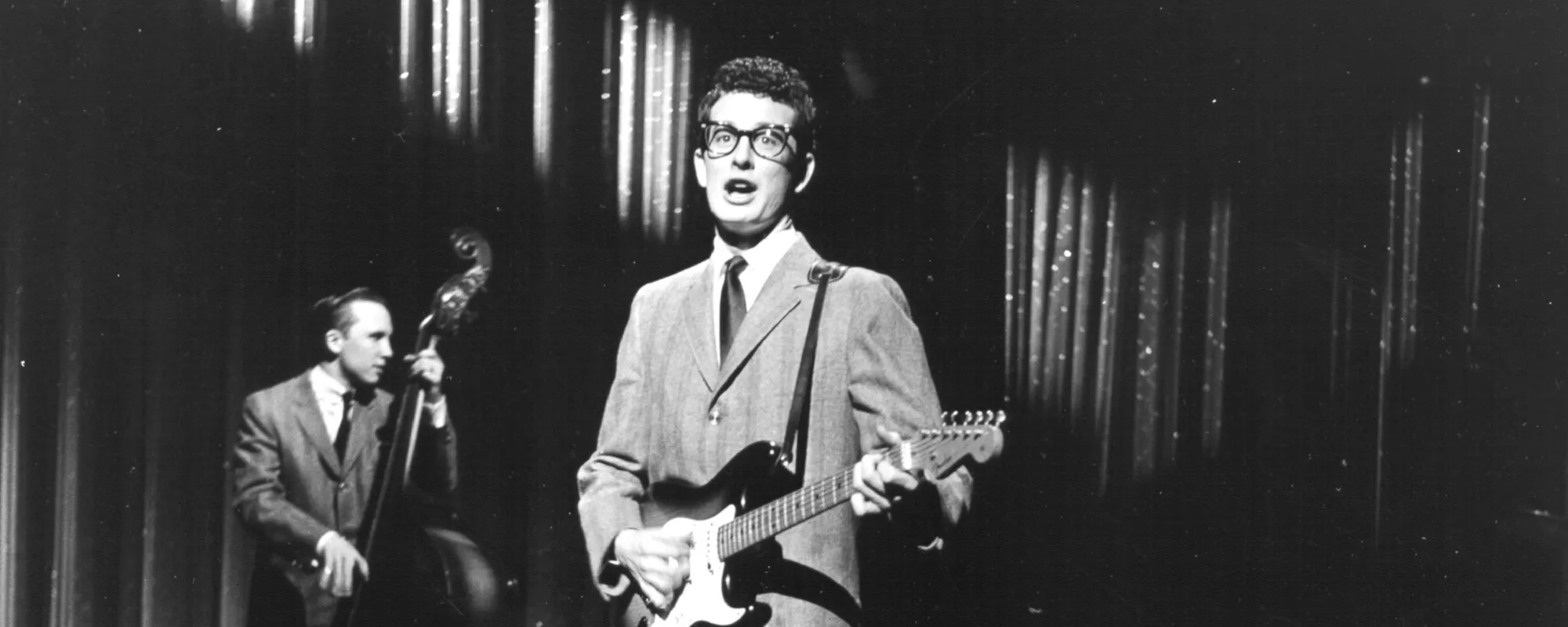
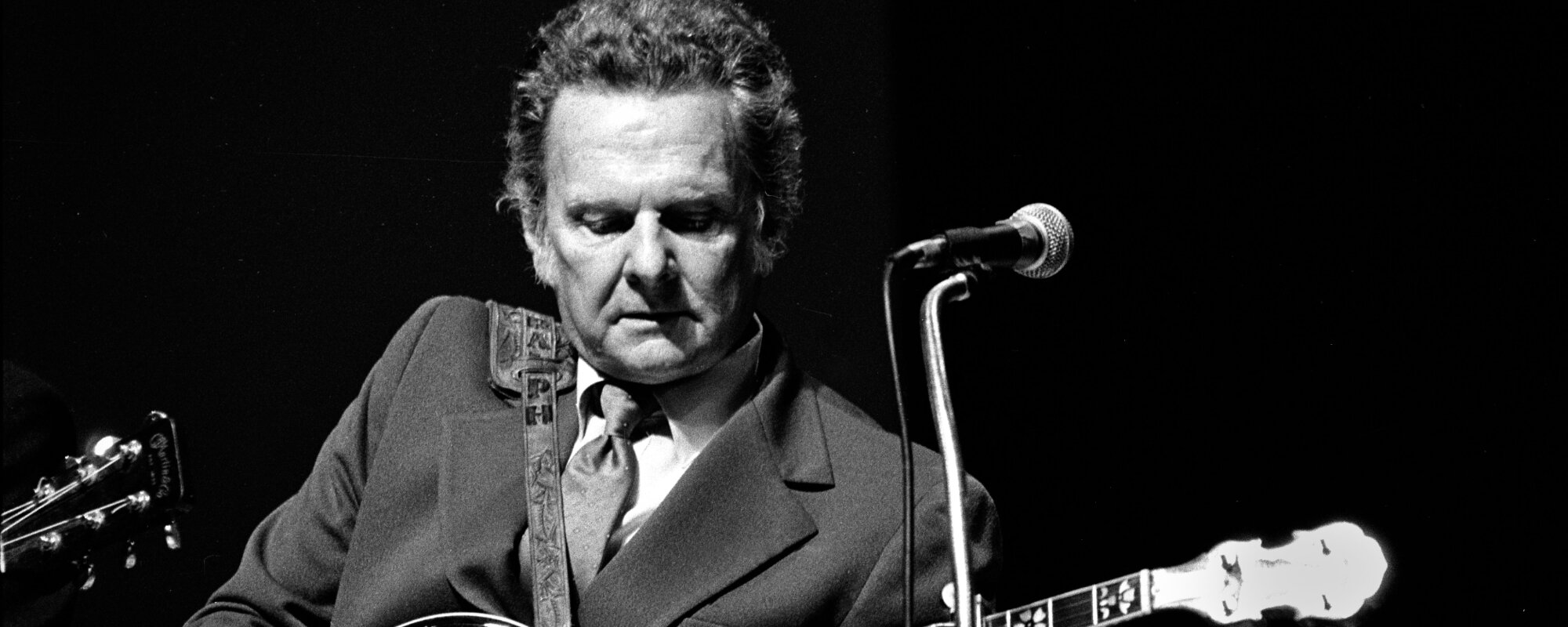

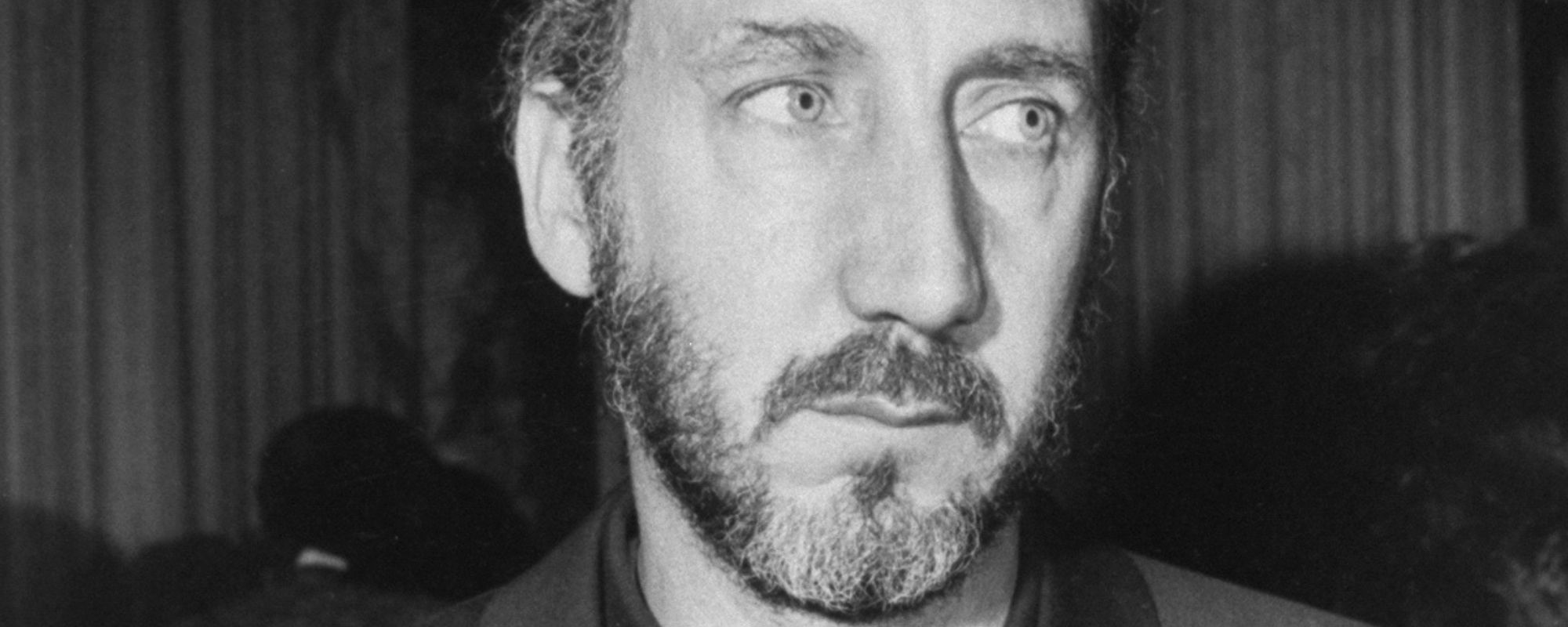
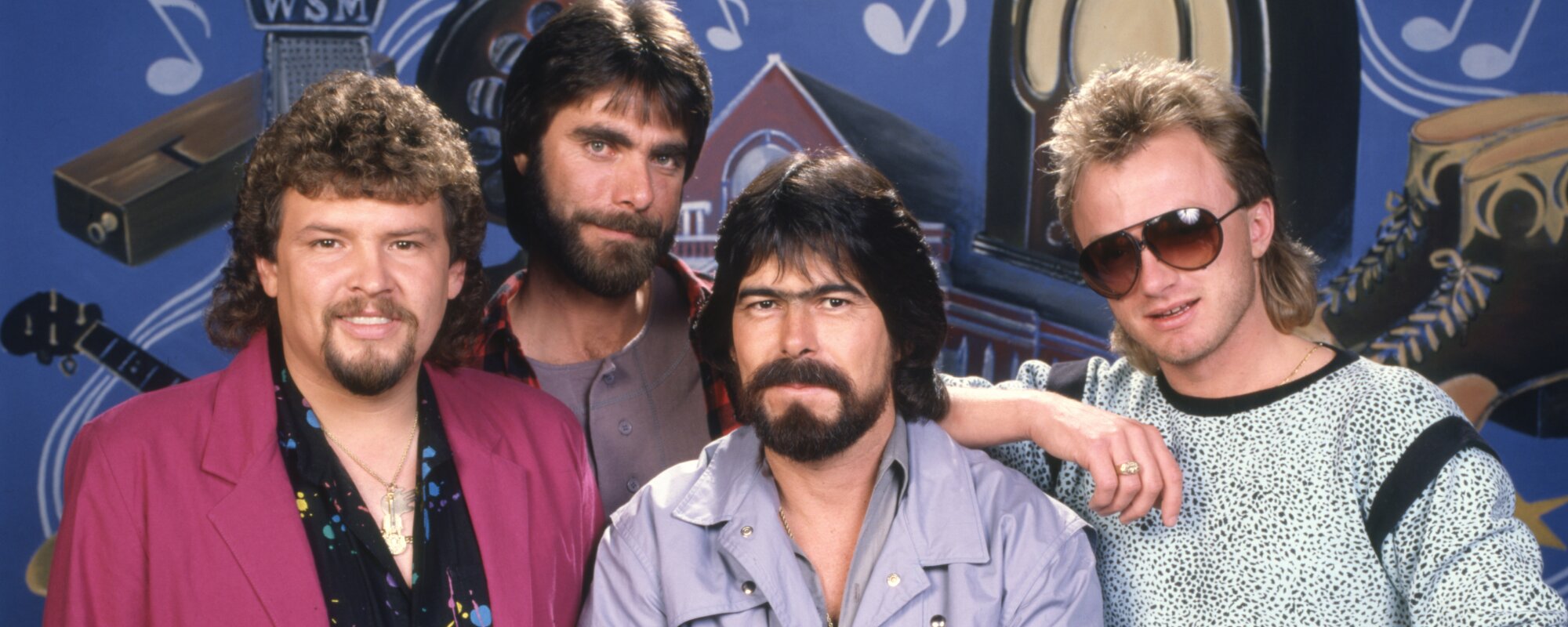




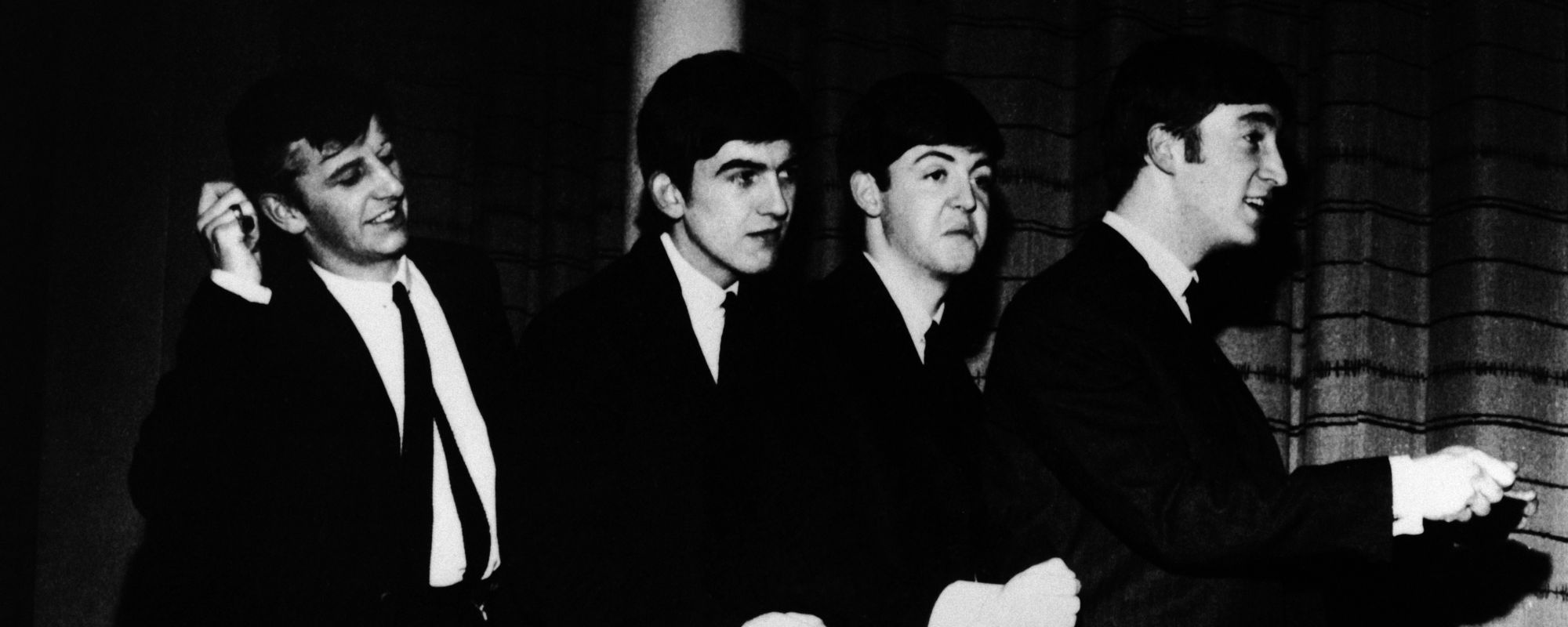

Leave a Reply
Only members can comment. Become a member. Already a member? Log in.